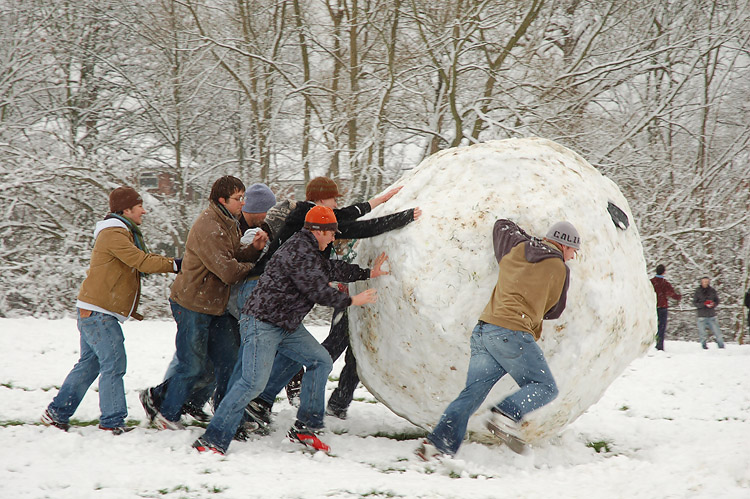On page 74 of What To Do When It's Your Turn [and it's always your turn] Seth Godin writes:
Not even close
In Open: An Autobiography, Andre Agassi wrote about the secret he learned while playing tennis: "But I don't feel that Wimbledon changed me. I feel, in fact, as if I've been let in on a dirty little secret: winning changes nothing. Now that I've won a slam, I know something that few people on earth are permitted to know. A win doesn't feel as good as a loss feels bad, and the good feeling doesn't last as long as the bad. Not even close."
Ouch. It's so easy to believe that five great Amazon reviews don't compare in impact to one bad one. Five closed sales don't compare to one "no." What a sad way to choose to live life.
No wonder we don't want to speak up or stand up or do anything much that matters. We've persuaded ourselves that good feelings aren't even close to outweighing bad ones."What a sad way to choose to live life."
I am struck by this. Is this indeed a choice? I've always made the assumption that this is "just the way it is" or the way that I am. My intense focus and reaction to negatives or naysayers is just a product of being human. Or so I believed.
But now I'm on the hook.
The idea that this is a choice is empowering, but also scary because it puts the onus on me. It makes me responsible for when I fall into the trap.
As a school leader I try to see and promote the positive events, actions, and statistics, that exponentially outnumber the negatives. However, I currently allow my mental energy to focus too much on the negative, or as Seth put it, the "one bad" review over the "five great".
"No wonder we don't want to speak up or stand up or do anything much that matters. We've persuaded ourselves that good feelings aren't even close to outweighing bad ones."
There is real tragedy in this. Tragedy for culture, for communities, for families, for individuals, even for schools. How much more of our economic, human, personal and emotional capital is tied up in reacting to the 1 negative than the 5 positives?
For me, it is time to change this deficit model of thinking. This deficit model of perception. The deficit model of how we run and view our schools. A change of how we perceive the range of students abilities. A recognition that we are probably not giving equally to all the positives that are all around us, especially in comparison to what we give the negatives.
However, it is not just a change in thinking that will let me off the hook. This change must come with action. It takes showing up. It takes speaking out. It takes challenging those who try to make others believe in a false narratives about the state of learning and achievement. It may even require becoming comfortable with being uncomfortable.
Personally, as a school leader I realize that this the 1:1 initiative I really need-- giving the same emotional capital to the positive as I give to the negative.
For me, it is time to give equity to recognizing, appreciating, supporting, and enjoying each positive, and put it on par with the capital I spend addressing, focusing and stressing about each negative.
Thank you for taking the time to read this post. Please let me know if you have any ideas on how to improve, change, other ideas for next steps, or other ideas for modification.
I am finding every page of Seth Godin's book "What To Do When It's Your Turn [and it's always your turn]" a source of inspiration, motivation, reflection and action. I have a feeling that I may write a series of posts just from this book, and if I do this is the first.









.jpg/445px-Foods_(cropped).jpg)




